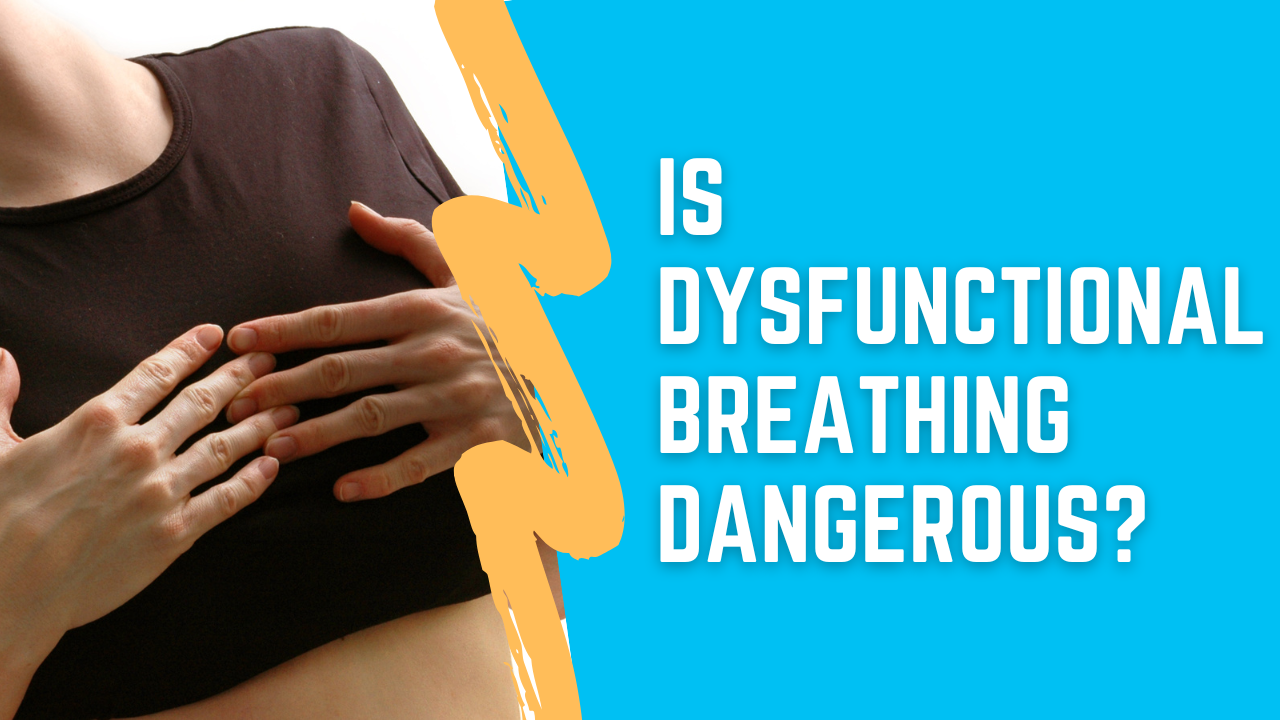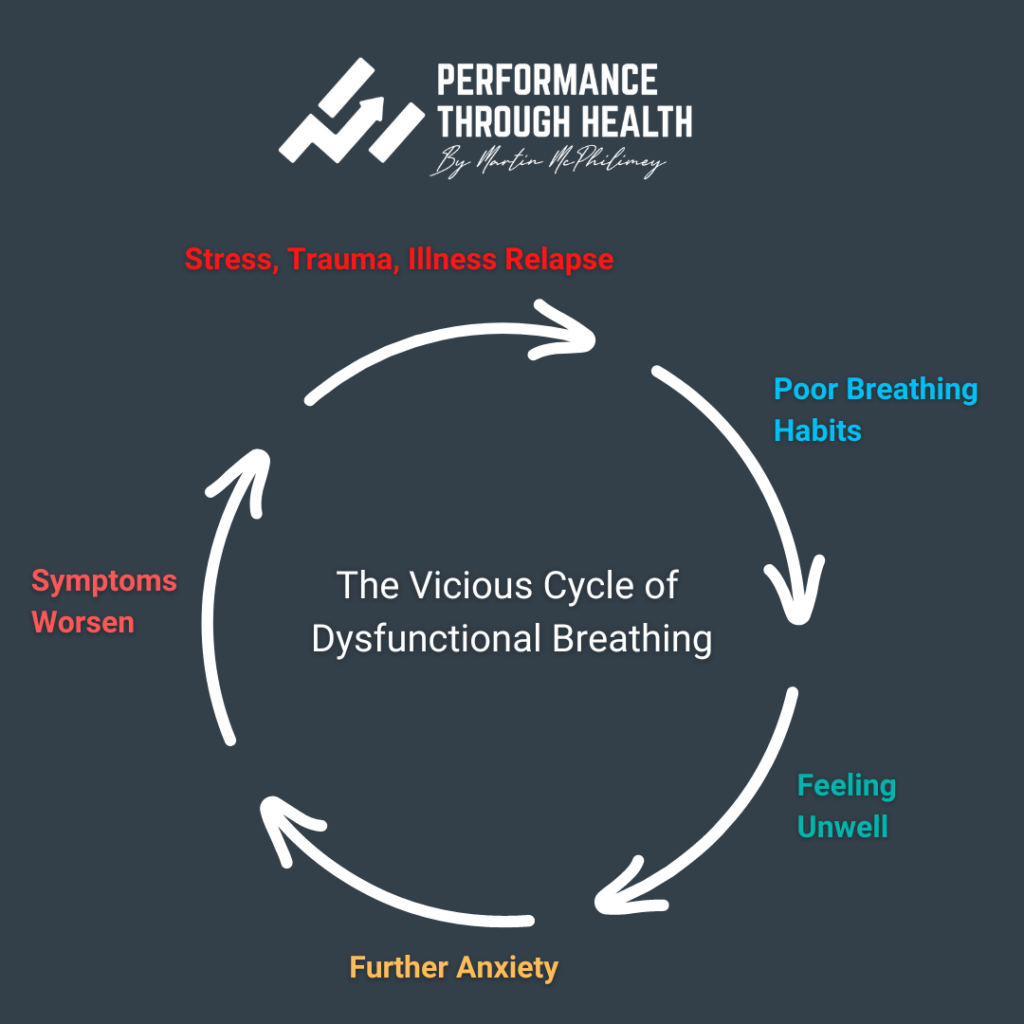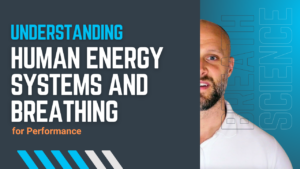Is Dysfunctional Breathing Dangerous?

Is dysfunctional breathing dangerous?
Dysfunctional breathing, also known as shallow or inefficient breathing, is a common problem that can have serious adverse effects on the body. When we take shallow breaths or don’t fully exhale, we can alter blood gases, leading to several health problems.
When CO2 in the blood falls, so does the ability to oxygenate the brain and body, which is one of the most obvious dangers of dysfunctional breathing. This change in biochemistry can cause dizziness, lightheadedness, and in severe cases, fainting. Overbreathing can also lead to fatigue, as the body has to work harder to compensate for the reduced oxygen levels and changes in electrolyte balance.
Dysfunctional breathing can also contribute to stress and anxiety. Deep, slow breaths have a calming effect on the body, while shallow, rapid breaths can trigger the body’s stress response. By correcting dysfunctional breathing patterns, we can help to reduce stress and anxiety and improve our overall mental health.
In addition to the effects on mental health, dysfunctional breathing can cause muscle tension and pain. When we take shallow breaths, we use only the top of our lungs, which can lead to tension in the neck, shoulders, and upper back. This tension can cause muscle pain and discomfort, leading to more severe health problems like headaches and migraines.

Dysfunctional breathing can also affect our ability to concentrate and be productive. When we’re not breathing correctly, it can be difficult to focus and think clearly. By improving our breathing patterns, we can improve our cognitive function and increase our productivity.
Another danger of dysfunctional breathing is that it can worsen respiratory conditions. People with asthma, chronic obstructive pulmonary disease (COPD), and other respiratory conditions may exacerbate their symptoms by shallow breathing. By practising proper breathing techniques, these individuals can help to manage their symptoms and improve their overall respiratory health.
What are your thoughts? Is dysfunctional breathing dangerous for you?
If you struggle with dysfunctional breathing, you may want to check out my breathing retraining service.
So, how can we improve our breathing patterns and avoid the dangers of dysfunctional breathing? One of the most effective ways is practising deep breathing or diaphragmatic breathing. This involves taking deep breaths from the diaphragm rather than shallow breaths from the chest. To practice deep breathing, try the following steps:
- Find a comfortable seated or lying position.
- Place one hand on your stomach and the other on your chest.
- Take a deep breath in through your nose, allowing your belly to expand.
- Exhale slowly through your mouth, allowing your stomach to contract.
- Repeat this process for several minutes, focusing on taking deep, slow breaths.
In addition to deep breathing, some other techniques can help to improve breathing patterns and avoid the dangers of dysfunctional breathing. These include yoga, tai chi, and other forms of mindful breathing.
In conclusion, dysfunctional breathing is a common problem that can seriously affect the body. By paying attention to our breathing patterns and practising techniques like deep breathing, we can improve our oxygen levels, reduce stress and anxiety, relieve muscle tension and pain, improve cognitive function, and manage respiratory conditions. Don’t underestimate the importance of proper breathing – it’s essential for good physical and mental health.




